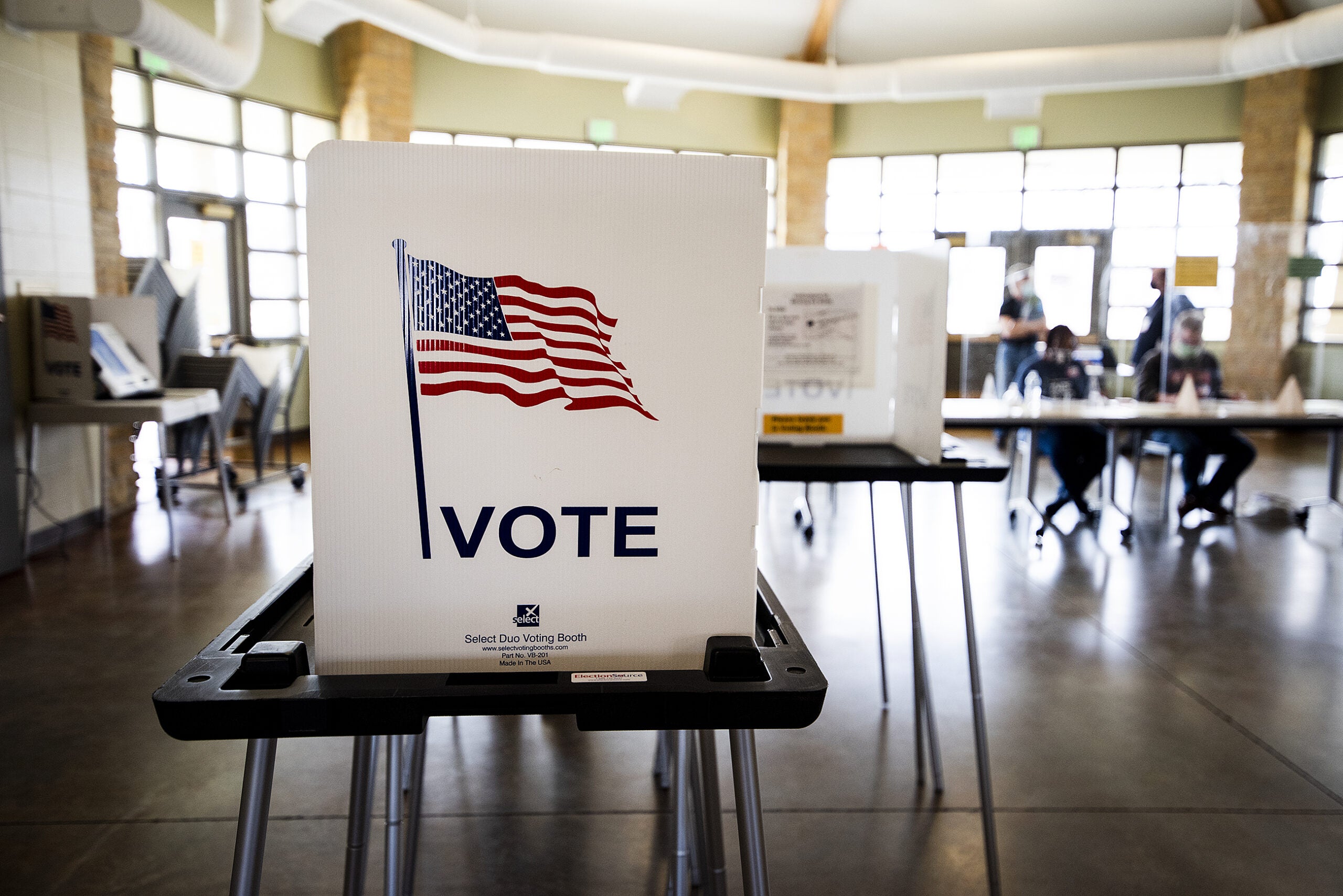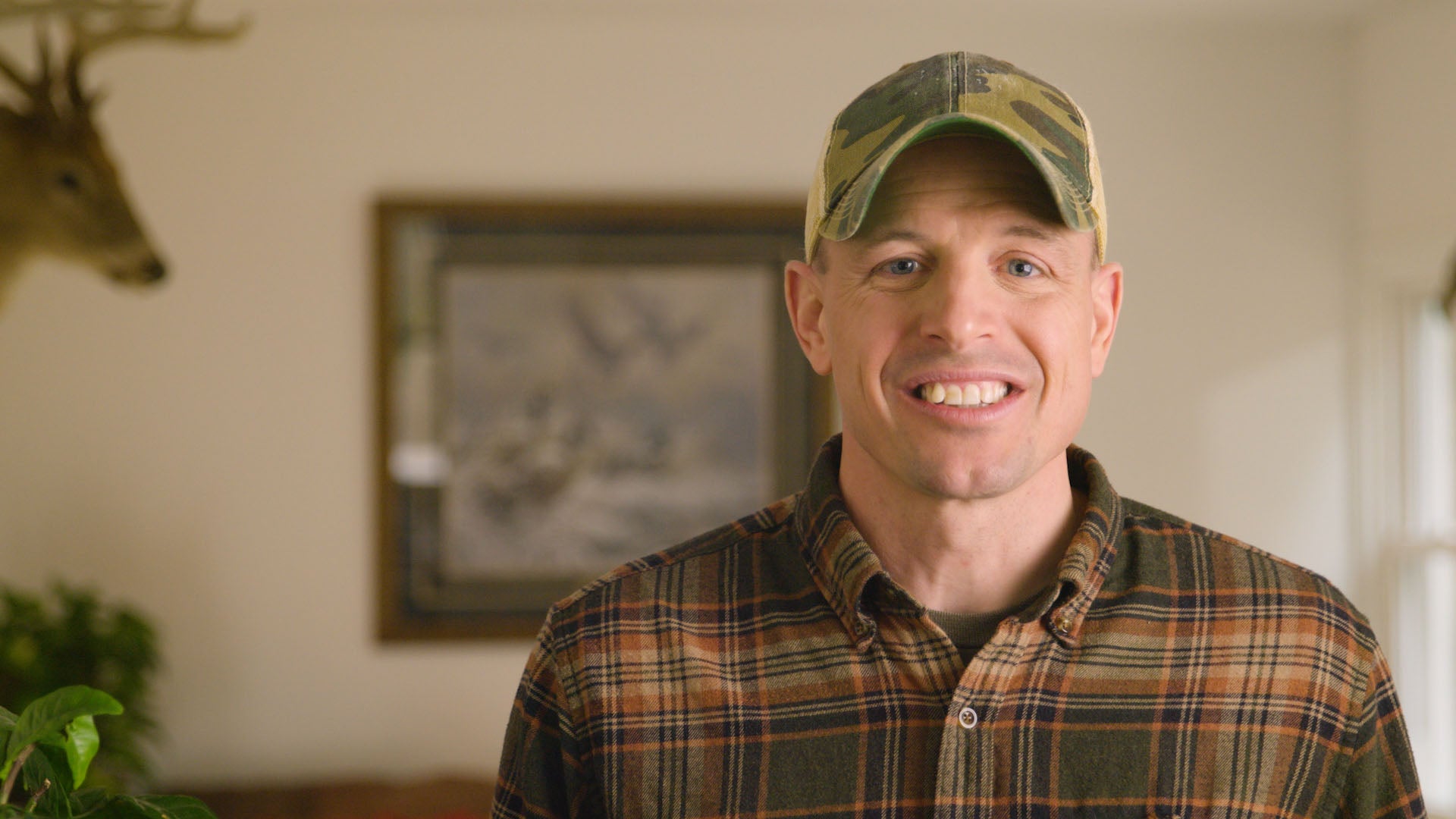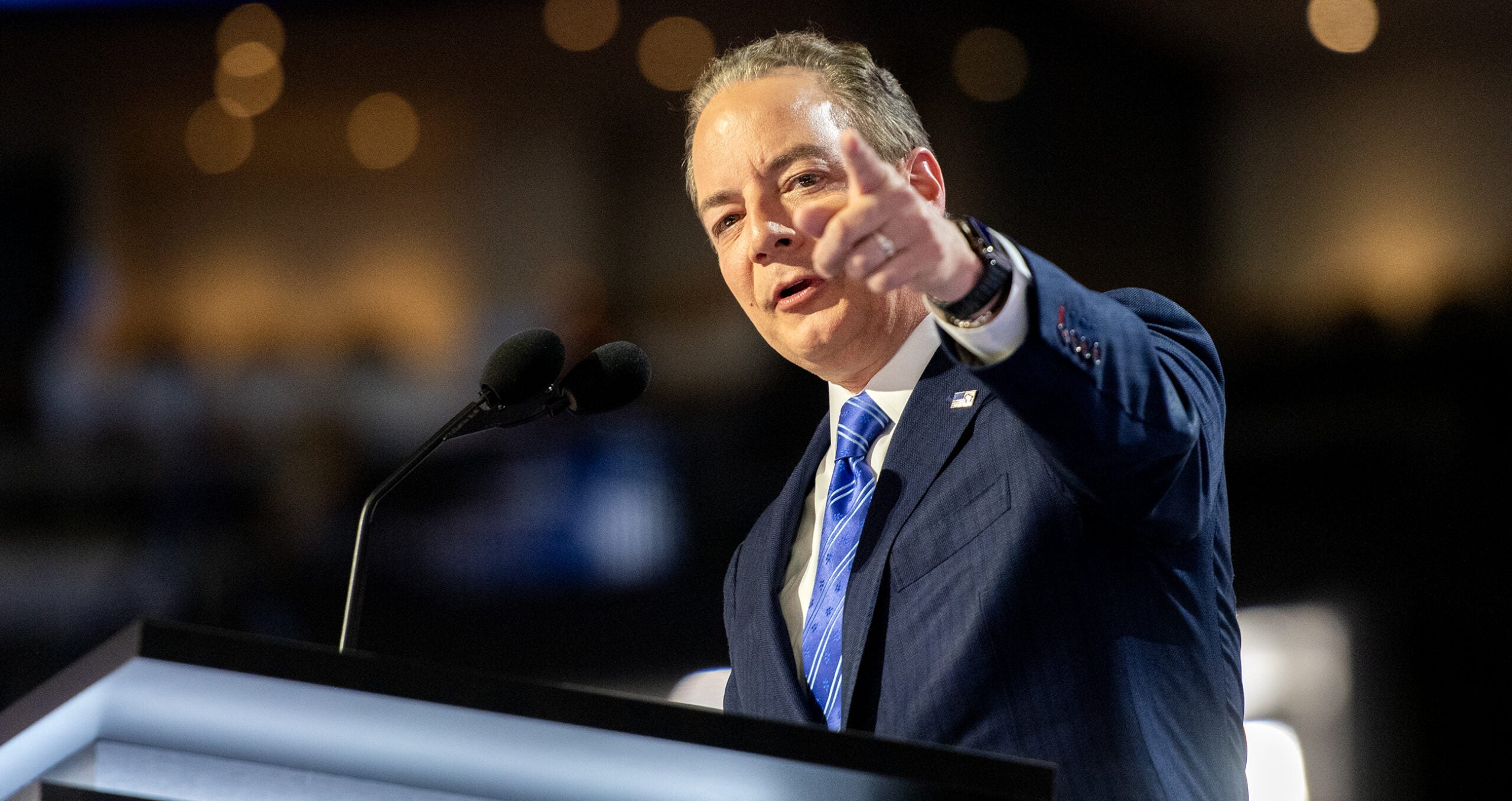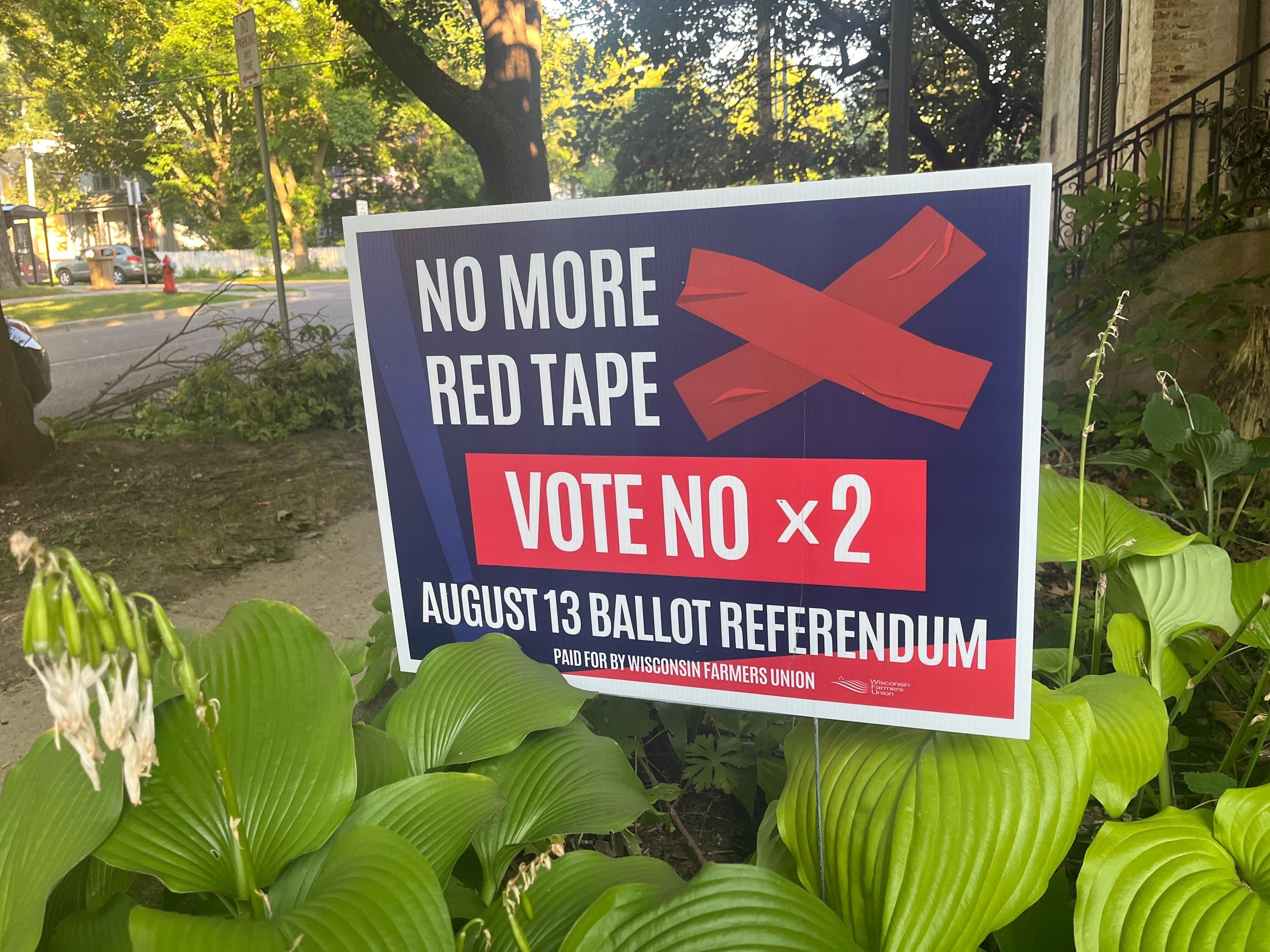Wisconsin could become the third state to elect members of Congress by ranked choice, if a renewed bipartisan push in the Legislature is successful.
The bill would create nonpartisan primaries for U.S. Senate and House races. The five candidates who receive the most votes in the primary, regardless of party affiliation, would advance to a general election where voters would rank their preferences.
The general election would be decided by a series of instant runoffs using voters rankings until one candidate receives a majority.
News with a little more humanity
WPR’s “Wisconsin Today” newsletter keeps you connected to the state you love without feeling overwhelmed. No paywall. No agenda. No corporate filter.
Two Republicans and two Democrats are sponsoring the bill, which they say will allow for more voices in politics, more accountability to voters and less partisan gridlock. A similar bipartisan bill was introduced in 2021 but was not voted out of the Senate elections committee.
Alaska and Maine both elect federal and statewide candidates by ranked choice. The Wisconsin bill would only apply to congressional races.
“It’s proven to be a motivator for the elected officials to be more open, to be listening to each other and to their voters and not be so partisan and extreme,” said Sen. Jeff Smith, D- Eau Claire.
Wisconsin-based advocacy group Democracy Found has spent five years building support for the plan, which they call Final Five voting.
Democracy Found Executive Director Sara Eskrich said the reforms have no inherent benefit to either party. The plan is designed to make legislators more accountable to a wider electorate than normally participates in party primaries, she said.
“Right now, effectively 8 percent of the population is electing over 85 percent of our members of Congress. It makes it really hard for them to operate without constantly worrying about a primary,” Eskrich said. “They’re constantly looking over their shoulder on their right or on their left, and it makes it really difficult to govern.”
Sen. Jesse James, a Republican from Altoona, is one of the bill’s co-authors. He said he is already hearing opposition from conservatives calling the proposal “completely a Democrat bill.”
“I think this is a voter’s bill,” he said.
James said that in his three campaigns for legislative seats, he was unafraid to campaign for votes in households that at first glance would not likely support a Republican.
“I went beyond just the base.You represent all people in your district and you need to have that discussion with all people regardless of where they stand,” he said.
The bill would also create openings for candidates lacking major funding and for people outside of the major parties, James said.
“I think it is about opportunity,” James said. “Our Founding Fathers did not have the intent of having a two party system in our nation.”
Wisconsin’s minor parties gave the bill mixed reviews.
Dave Schwab, co-chair of the Wisconsin Green Party, said his party would prefer to have instant runoff voting in the primary as well, so that minor party candidates are not squeezed out of the final five.
“Candidates with big money and establishment party backing will be treated as likely winners, while grassroots candidates without institutional support will be pressured to drop out,” Schwab wrote in an email to Wisconsin Public Radio.
Phil Anderson, the Libertarian party candidate for U.S. Senate in 2024, offered more support for the proposal.
“The two party ‘lesser of two evils’ conundrum has to change, not only for fairness at the polls, but for people’s willingness to participate in elections in the first place,” Anderson told WPR. “To me, that’s the real issue of this. The mechanics of it could be better, obviously for any third party or independent, but opening that up so that people feel like they’re not trapped is huge. And that’s why I support this.”
Supporters are optimistic the bill will receive a hearing. Eskrich said Democracy Found is aware that it may take longer than this session to build enough support to pass the bill.
Barry Burden is a political science professor at the University of Wisconsin-Madison. He said the bill’s “chances are not great because there isn’t much legislation that has much likelihood of success in the Legislature today.”
“Almost nothing is being passed by the Legislature and signed into law by the governor or has enough support to override a governor’s veto. There’s very little regular lawmaking happening in the state,” he said.
In fact, James said that the governor announcing he would sign the bill may hinder its chances of garnering Republican support.
Rep. Ron Tusler, a Republican from Harrison and another co-author of the bill, said everyone should support it because it allows for more choices and collects more information about voter’s preferences.
“Washington is broken, and we have to do more to try to get Washington to be fixed. And I think this is one opportunity that we can do that,” Tusler said. “I think it will not solve all problems in D.C. Nothing will. But this is something that would be a step in the right direction.”
Wisconsin Public Radio, © Copyright 2026, Board of Regents of the University of Wisconsin System and Wisconsin Educational Communications Board.







